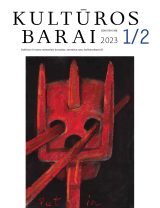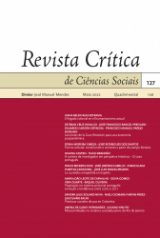The university in the twenty-first century
Towards a democratic and emancipatory university reform
The reaction from universities to demands for reform – both from the private sector and society – has been a state of paralysis and resistance in the name of autonomy and academic freedom. The only way universities can recover from their crisis legitimacy, writes Boaventura de Sousa Santos, is through radical democratic restructuring. Countering the brain-drain from poorer to wealthy nations – so far the main result of the transnationalization of education – will only be achieved by embarking on a counter-hegemonic process of globalization creating genuine equality of access.

